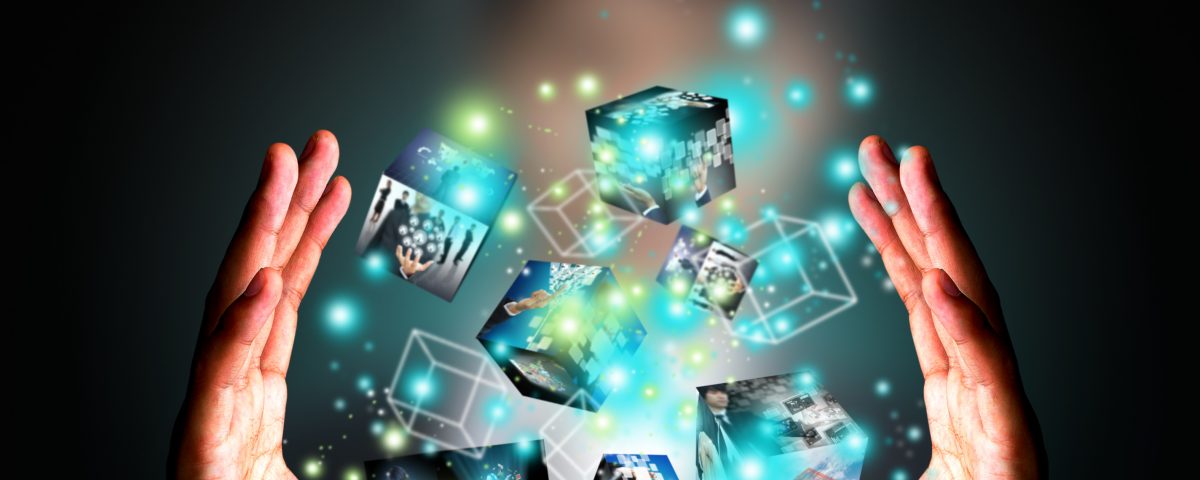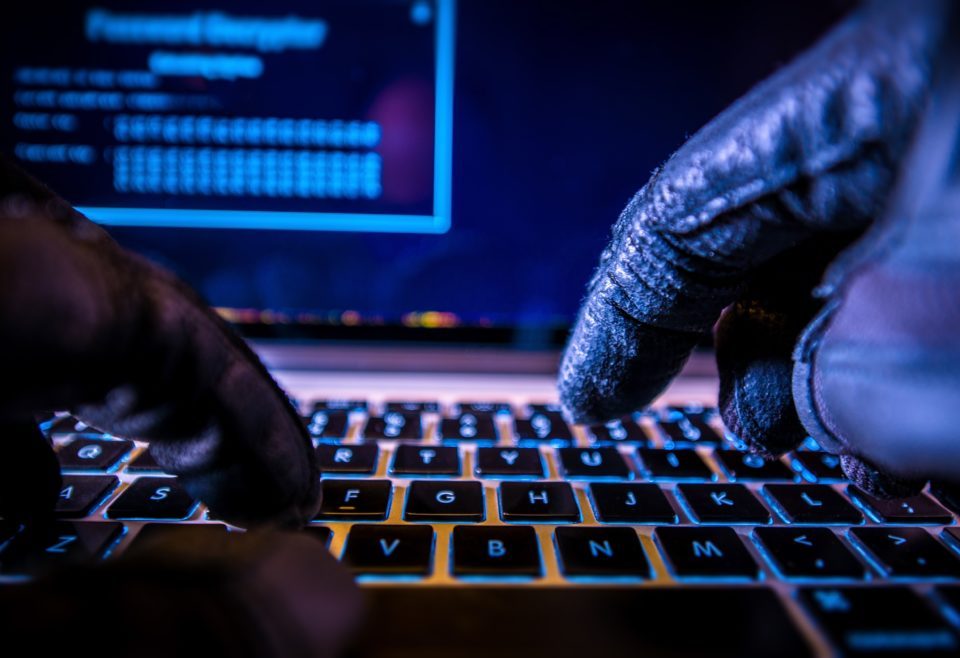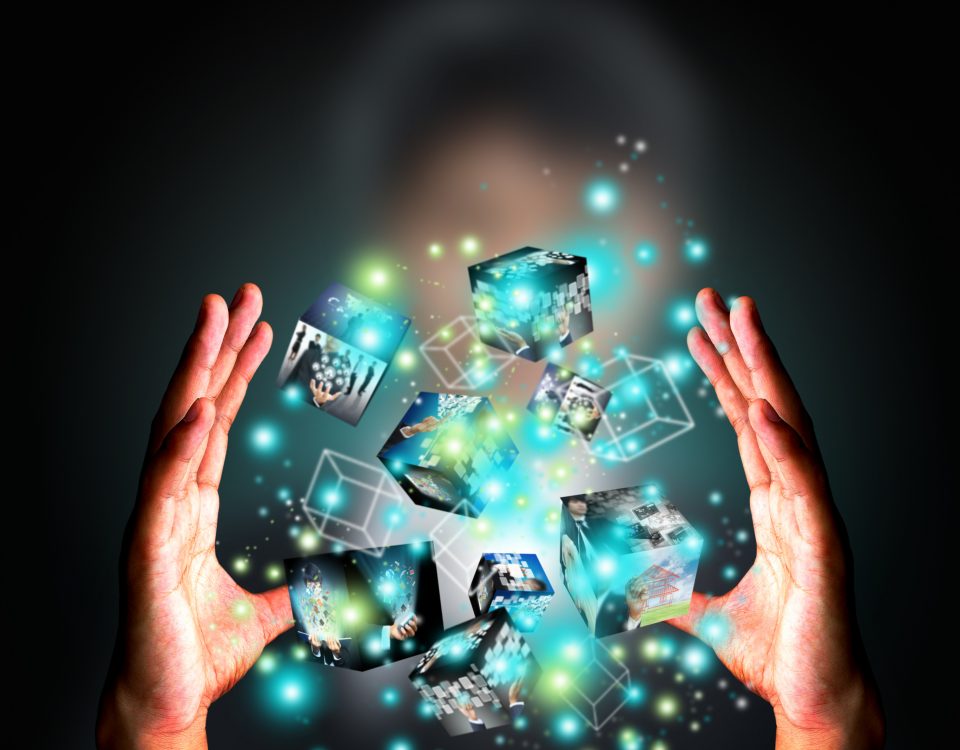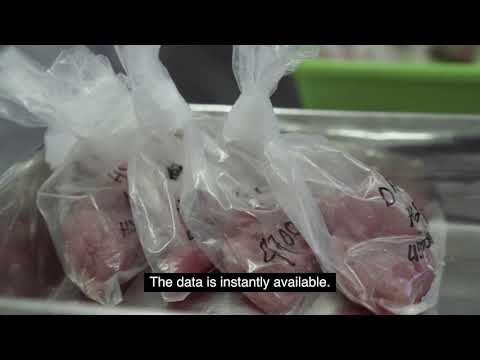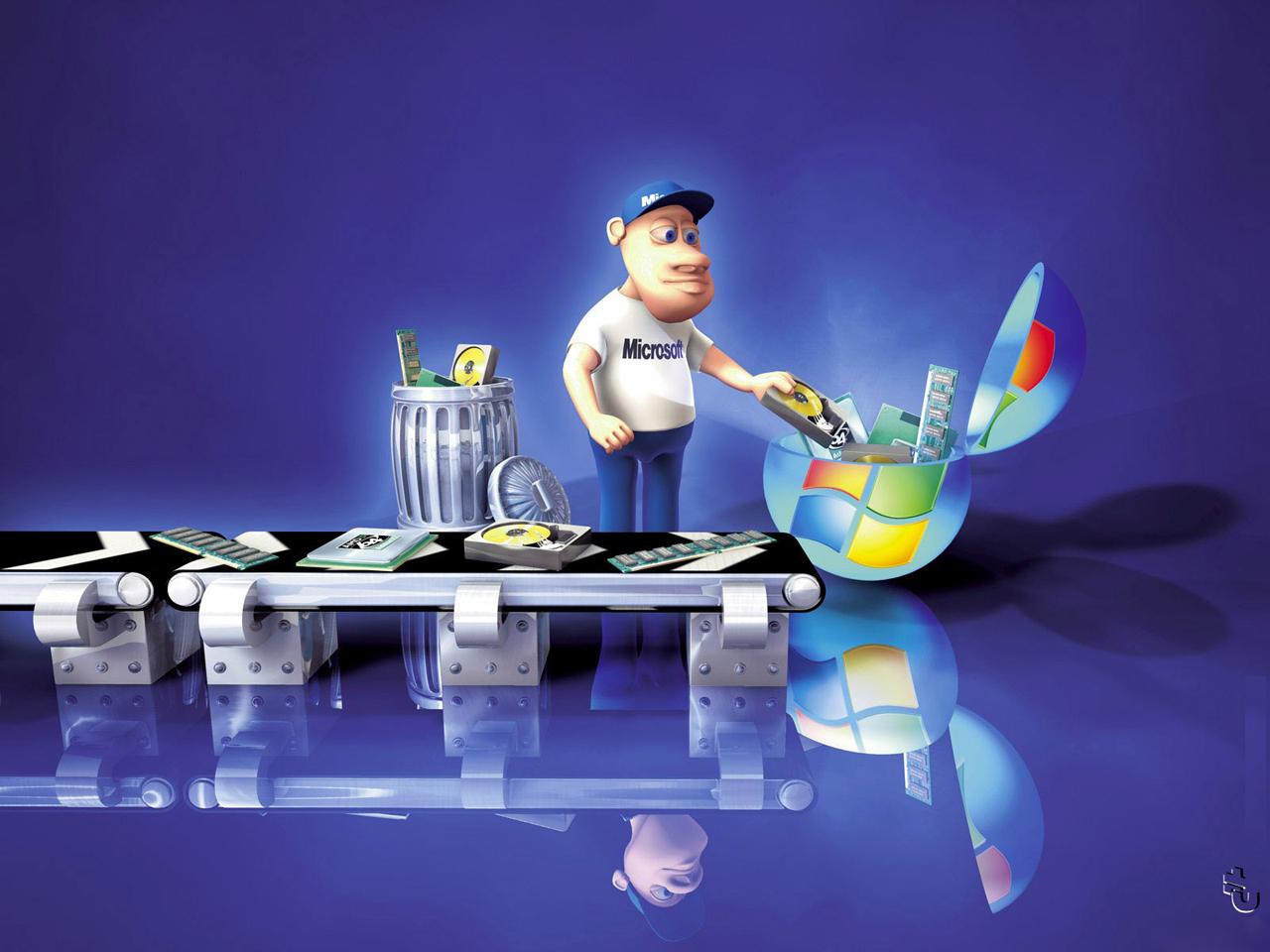There is a famous story in Silicon Valley about how the initial venture capitalist for Snapchat was introduced to the app because his daughter was always on it on her phone.
The venture capitalist asked his daughter what app she was using. When she told him, he asked if her friends used it as often as she did. Her brother affirmed the app’s popularity among high school-aged kids, and the rest, as they say, is history.
Olive Jamieson did one better.
Olive is the daughter of Stephen Jamieson, head of SAP Leonardo at SAP UK & Ireland. About a year ago, the six-year-old was watching the British docuseries The Blue Planet and became visibly upset after learning how polluted the world’s oceans are becoming because of plastics.
So she went to her father and asked him what he could do.
“She turns to me one night and says, ‘Daddy, you say you work for a massive global company. You keep saying how you are doing amazing things, so how about you fix it?’” Jamieson recalled. “After the usual, ‘Nice idea, darling,’ we thought, ‘Hey, maybe there is something we can do here.’”
What has transpired since is nothing short of incredible.
Jamieson is in charge of innovation in the UK for SAP Leonardo, an approach that helps customers leverage future-facing technologies like the Internet of Things (IoT), machine learning, blockchain, analytics, and Big Data. He and his team started out with a five-week research phase where they monitored 24 consumers from around the UK that represented 81 percent of consumer interests.
“We followed them, but not in a creepy way,” said Jamieson. “We used an app and documented their journey with plastics over this five-week period, which gave us a really interesting data set.”
Jamieson then invited 25 of SAP’s biggest customers, including Coca Cola, Visa, and Unilever, to a three-day workshop in London, where they analyzed the data and brainstormed ways to address the issues they saw.
“We came away with a bunch of concepts that came together as a solution portfolio that we used to challenge the marketplace across the plastics life chain,” Jamieson said. “Because the information was based on consumer research, you are facing the reality of what consumers are doing on an everyday basis. You feel compelled to act. You feel compelled to change.”
One of the issues with recycling in the UK, Jamieson discovered, is that there are too many disposal systems. Not only do consumers not know where to properly dispose of plastics waste, but the waste managers are confused about what to do with the waste they accumulate, making the entire system break down.
Using machine learning from SAP Leonardo, Jamieson’s team created an app that, based on the packaging materials, can tell you where you should be disposing of the waste.
Another app was created to provide a rewards system. Say, for instance, you are in the grocery store and you want to buy a cucumber. One is wrapped in cellophane and one is not. By scanning the cucumber, the app will identify the more environmentally friendly choice and reward you for purchasing the cucumber without the cellophane.
“This where we are at. We are telling the retailers, ‘This is possible with the technology we have today. It is not that hard to conceive so let’s get on this journey together,’” Jamieson said. “This is all coming together in what we call the plastics cloud.”
The challenge with this innovation is similar to the challenge with blockchain technology. You need to get multiple companies from around the world involved to aggregate the data and create something for the greater good. Jamieson’s team is the hub for all those spokes.
“If you look at the supply chain of plastics—producers, manufacturers, retailers—there is a huge appetite for action. They really want to do something about this,” Jamieson said. “They just don’t have the coordination necessary to make it happen.”
“A retailer may speak to its supplier and it may speak to its waste management, but it is a pretty linear process at the moment. And they all recognize the need to sort of circularize the economy. The plastics cloud is a vehicle to help drive the collaboration and innovation needed to get to our circularization.”
And if Jamieson ever gets discouraged by what can seem like an overwhelming challenge, all he has to do is go home after work and see Olive, now seven, greeting him at the front door.
“She holds me to account every single day,” Jamieson said. “I get home from work and before I can even put my bag down, she comes up and I have to give her a sort of scorecard update.”
Frank Hughes is a Silicon Valley-based freelance writer and editor covering the tech industry for SAP.

